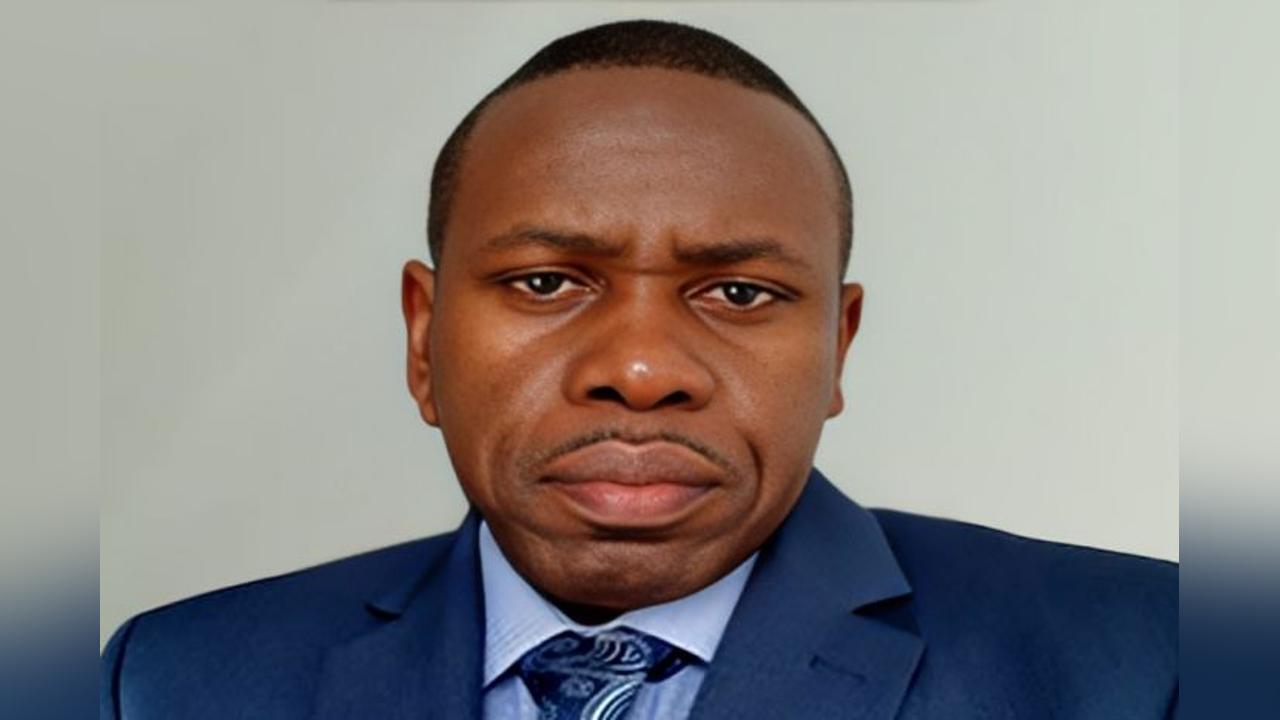Africa-Press – Angola. The world watched intently, and many with tears of joy, as white smoke was expelled from the chimney of the Sistine Chapel in the Vatican, a procedure that indicates that the cardinals gathered in conclave elected the new leader of the Catholic Church.
This was followed by the announcement by Cardinal Mamberti – “annuntio vobis gaudium magnum: habemus papam”, a Latin expression in Portuguese: I announce to you with great joy that we have a pope. The event culminated with the appearance of the new pope, Robert Prevost, an American citizen, on the balcony of St. Peter’s Basilica, putting an end to the period of “se vacante” – a period of vacancy of the papal throne.
For many, the Vatican simply represents the spiritual center of Catholic Christianity, sovereignly led by the Pope as the successor of Saint Peter. For others, the Vatican is seen as a sovereign state with a political system with its own characteristics driven by the Holy See, exercising a relevant diplomatic role on a global level. There are still those who view it as fueling conspiracy theories and suspicions due to controversies whose merits are not mentioned here. For Catholics, the Vatican represents the center of faith and the point of reference for the doctrine and morals of the Church as a whole.
The Vatican, officially known as the Vatican City State, is a sovereign state that houses the headquarters of the Catholic Church whose highest authority is the Pope. It is recognized for its ability to mediate conflicts and promote peace, with a power not based on military force, but on its moral and spiritual influence.
The Vatican exerts significant influence on the international scene, establishing diplomatic relations with several countries and participating in multilateral organizations, hence its weight and influence in the international arena in a world whose order is taking on new and unusual contours.
Contrary to the international political scenario experienced in the post-Cold War period, in which the global geopolitical configuration was characterized by unipolarity, with the rise of the United States of America as the main world power, after the fall of the Soviet Union, today, several years later, the scenario is completely different, characterized by multipolarity with several poles of power, among them, China, the European Union, Japan and now the BRICS, which seek to assert themselves in the international arena.
The emergence of this diversity of poles is based on, among other factors, the globalization of the economy, technological evolution and cultural diversity. The transformations and dynamics caused by the new world order have generated fierce disputes between the various global actors on different fronts and domains.
An example of this is the inexplicable trade war launched by the newly elected US president Donald Trump, an unprecedented phenomenon in the history of international trade.
The slogan created by then-President Ronald Reagan, now adopted by Donald Trump, “let’s make America great again” (abbreviated as MAGA), is a reflection of the nostalgia for the position of the leading world power held by the United States of America in the post-Cold War period. Obsessed with the desire to return to the position of the leading world power, Donald Trump has been dragging the country and the world economy to the brink of the precipice, with incalculable damage, not only to the economy, but also to diplomatic and political relations with other countries.
The election of the new pope, who is a US citizen, ends up creating a new dynamic and comes as a surprise and novel element, since it has been a tradition for the Vatican to avoid electing popes from the US, perhaps for political reasons. With the dynamics of the new world order in which the United States is seeking global hegemonic power, we will have enough patience to watch the strategic unfolding of this new scenario in the world arena. Each one can draw their own conclusions. I have said so.
Simon Peter
Jurist & Political Scientist
angola24
For More News And Analysis About Angola Follow Africa-Press






